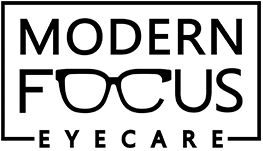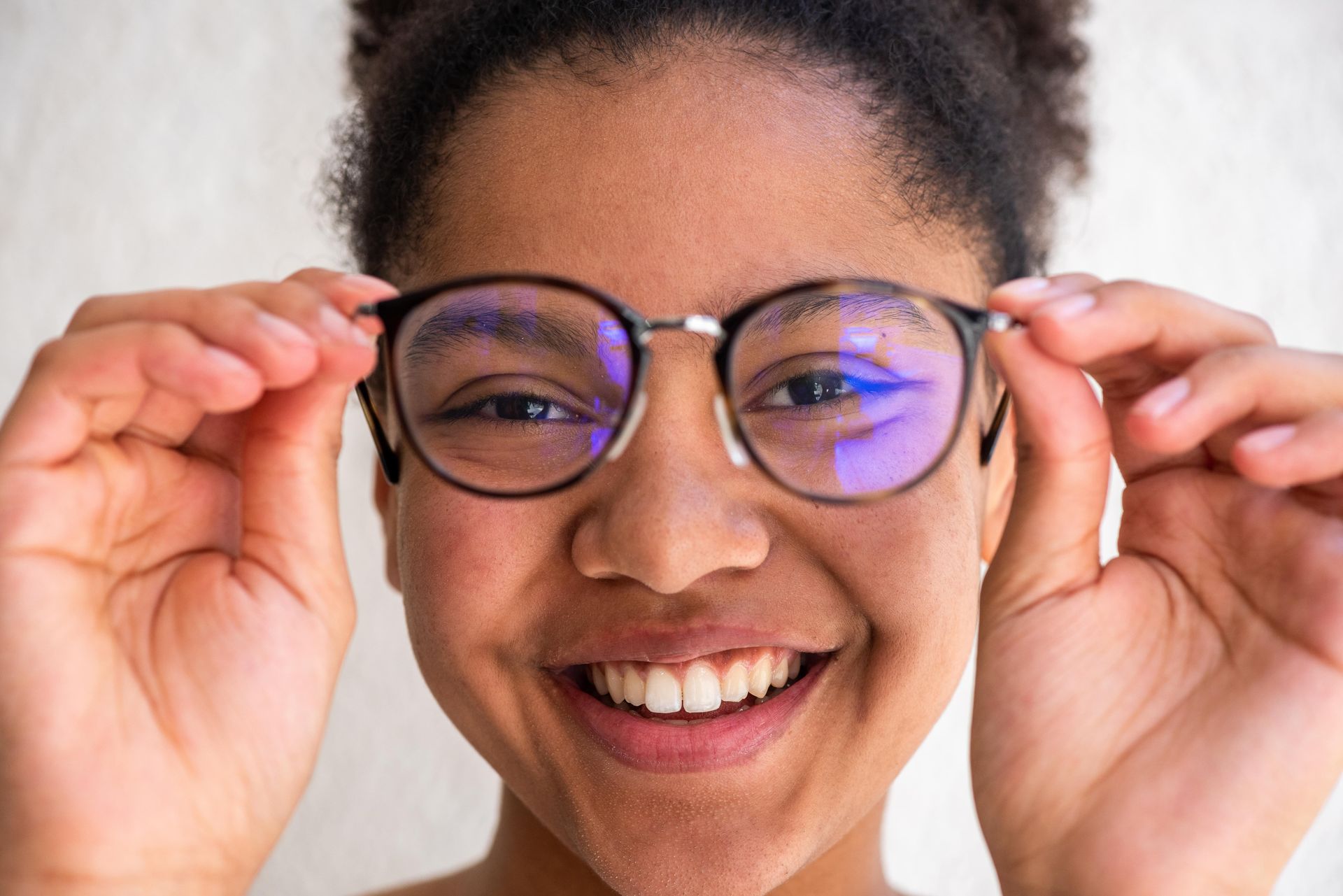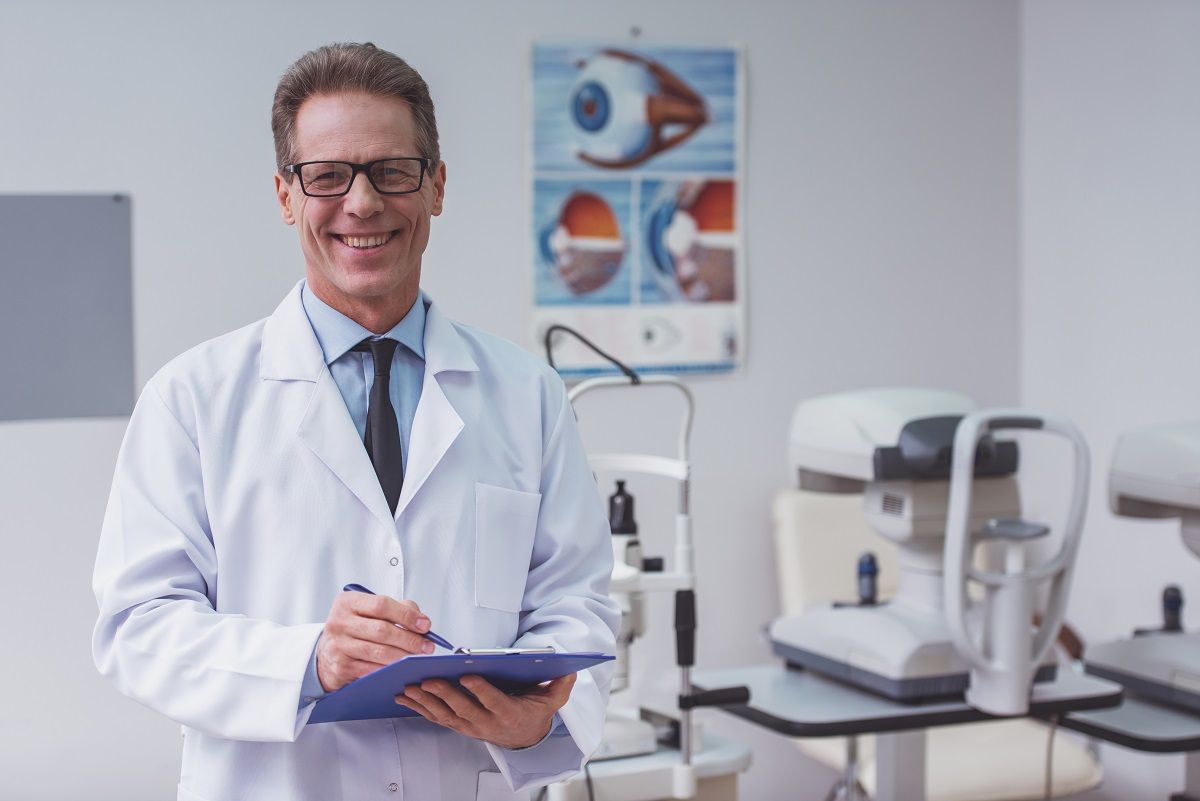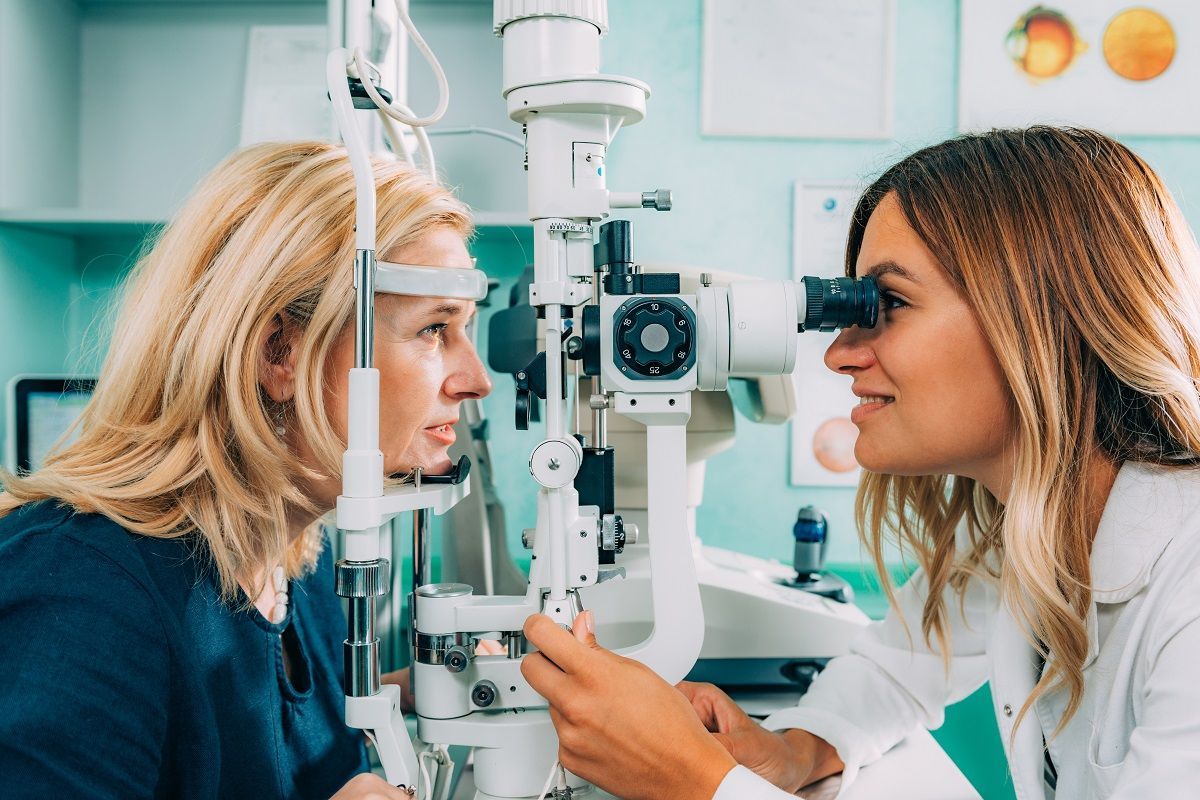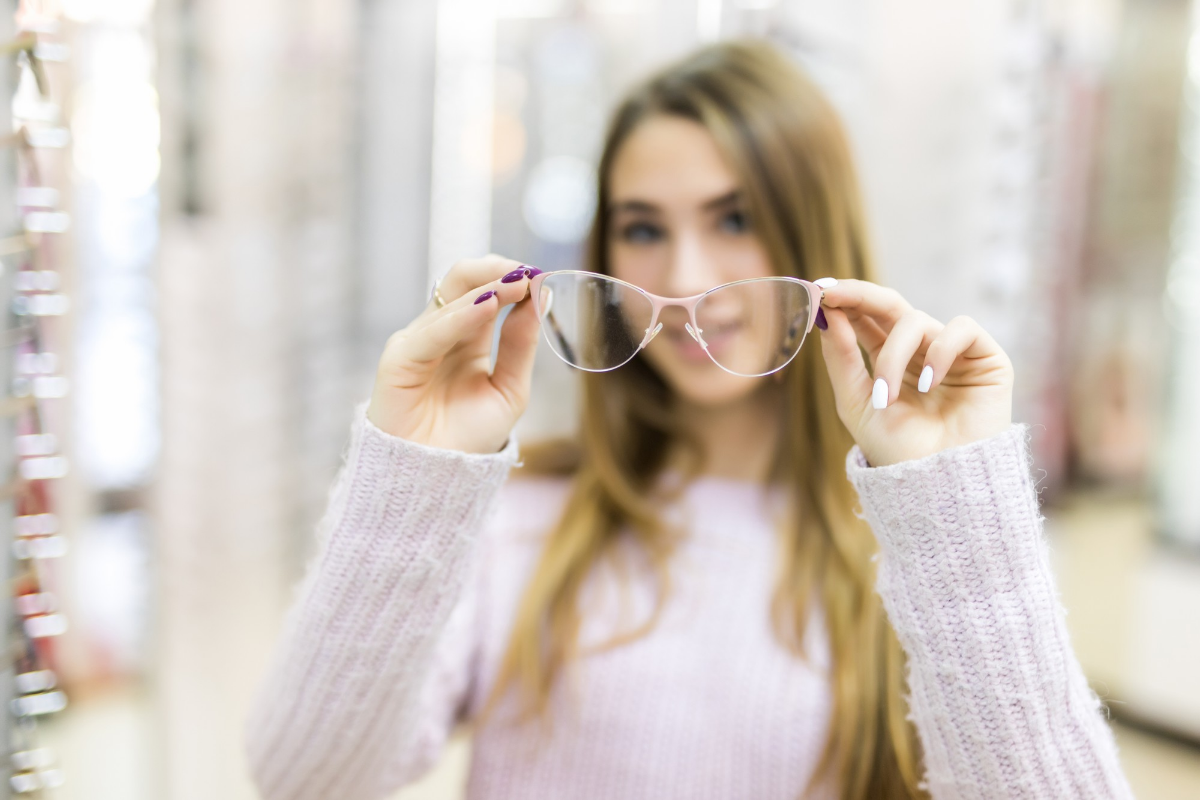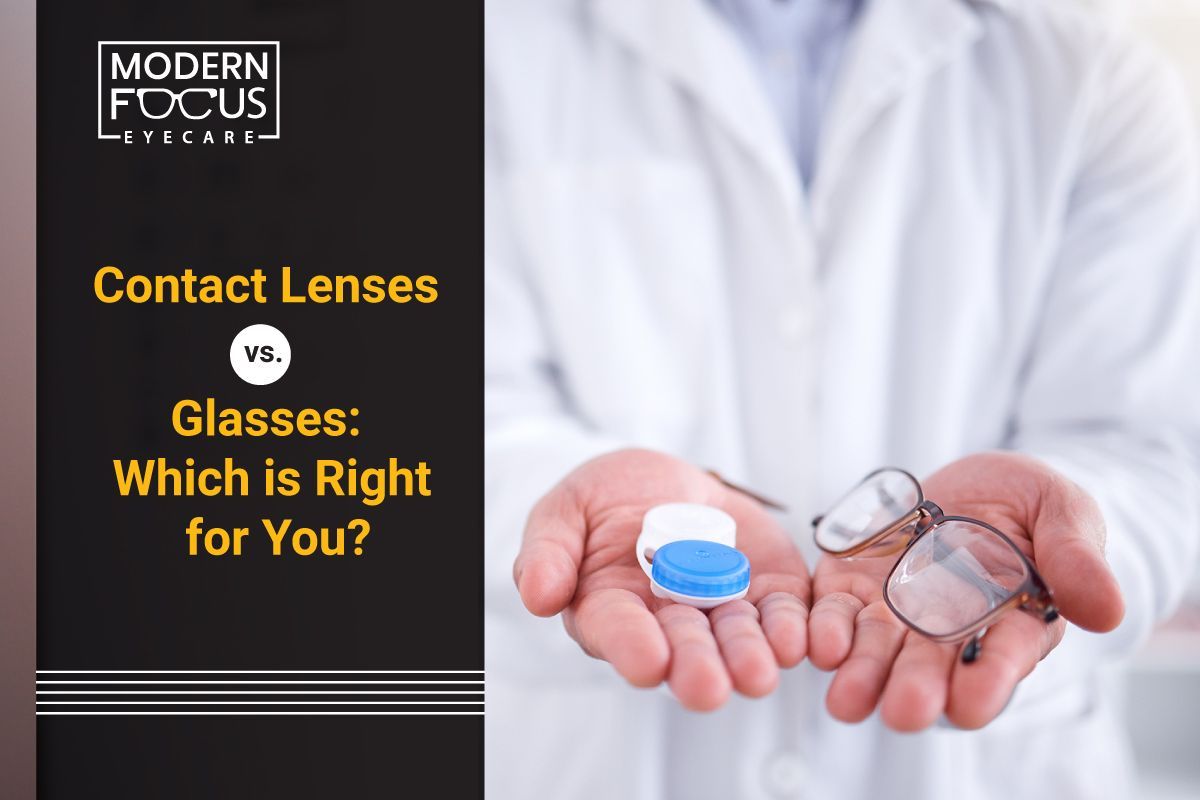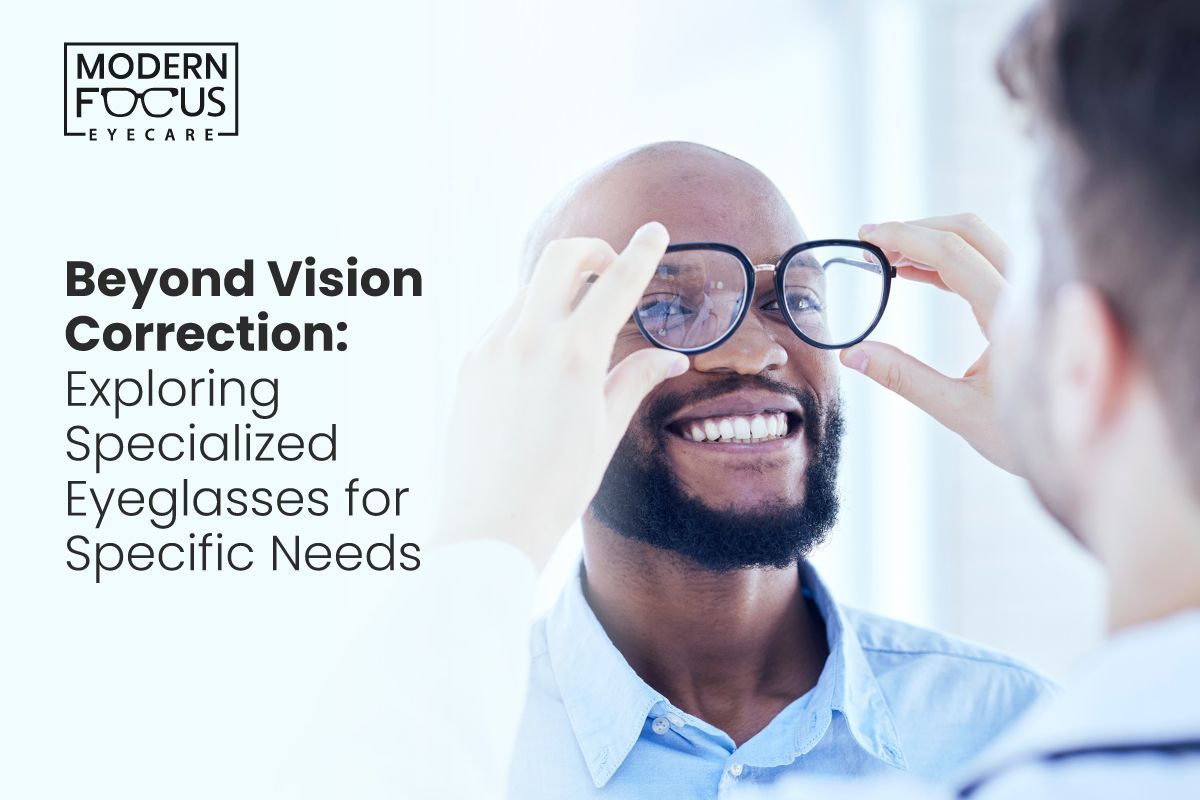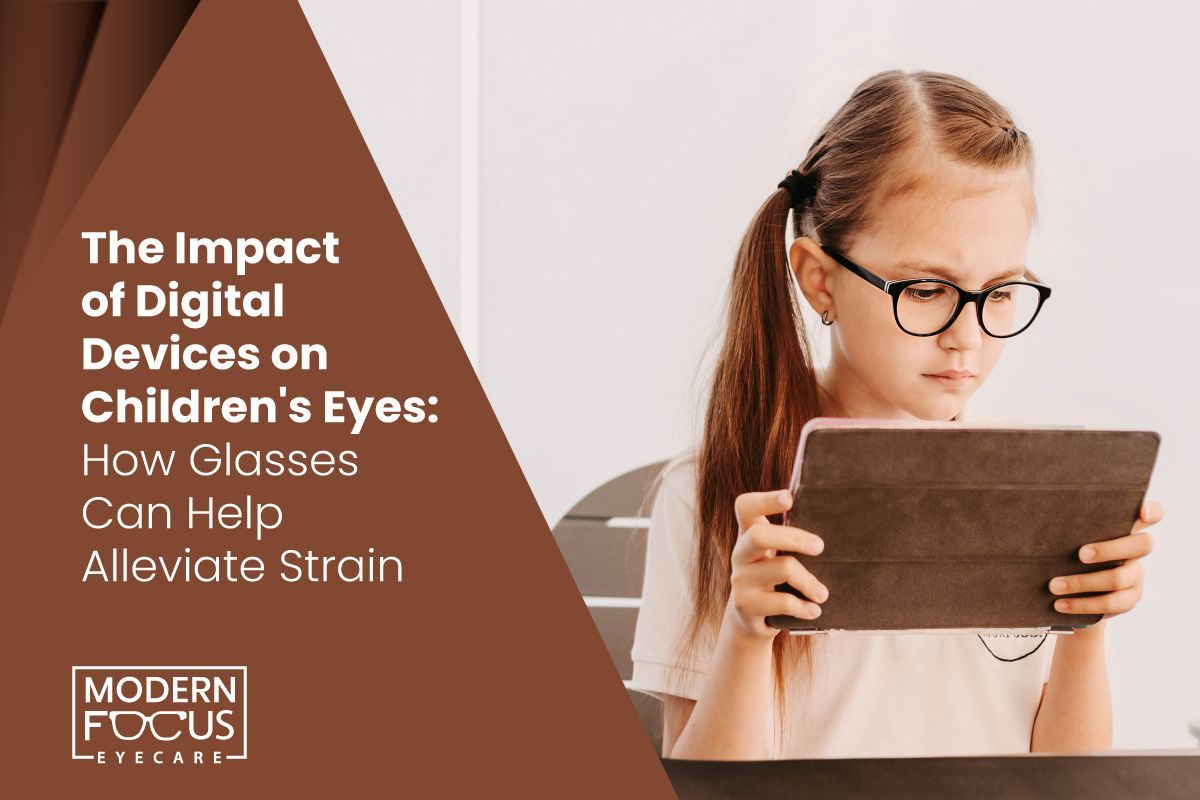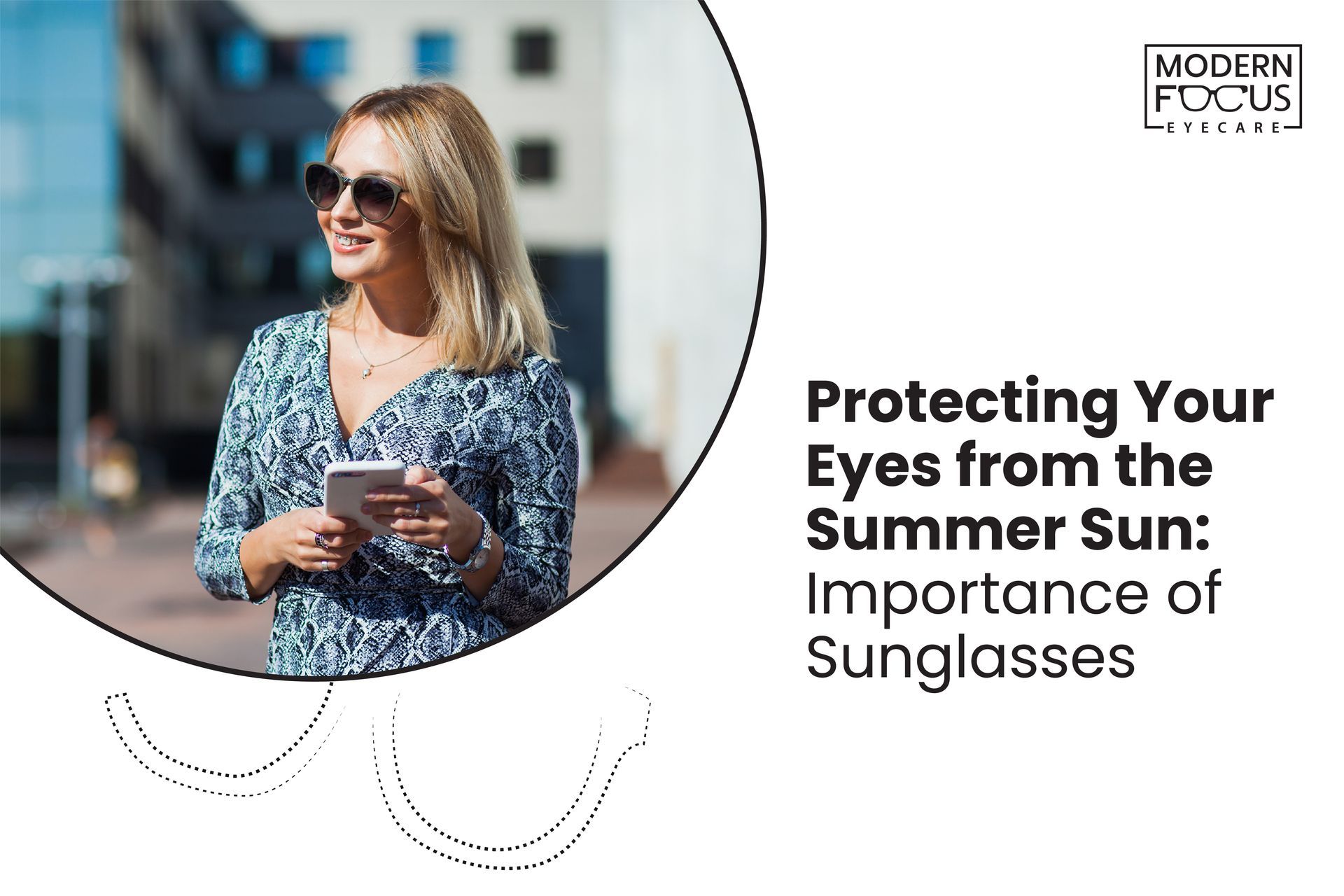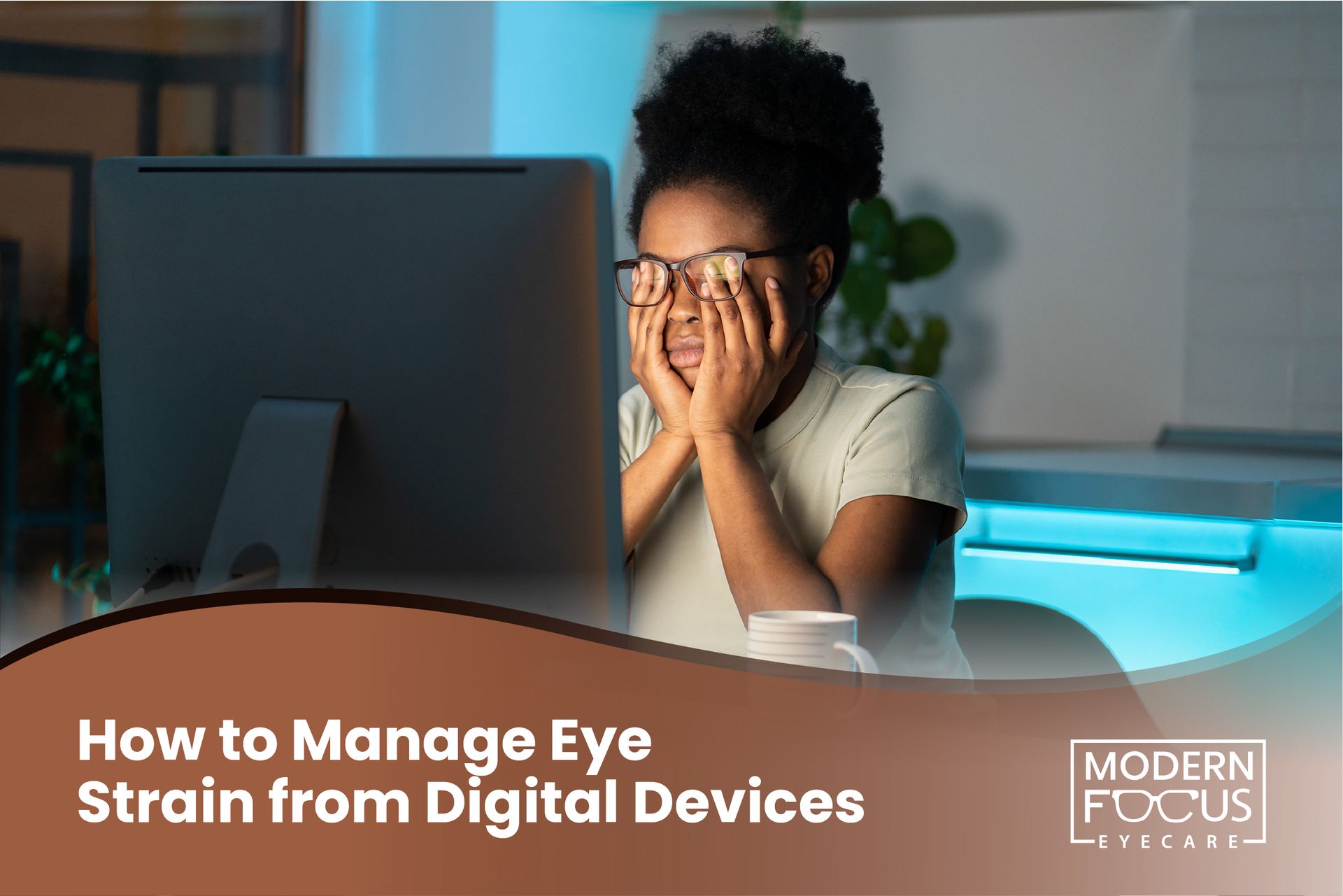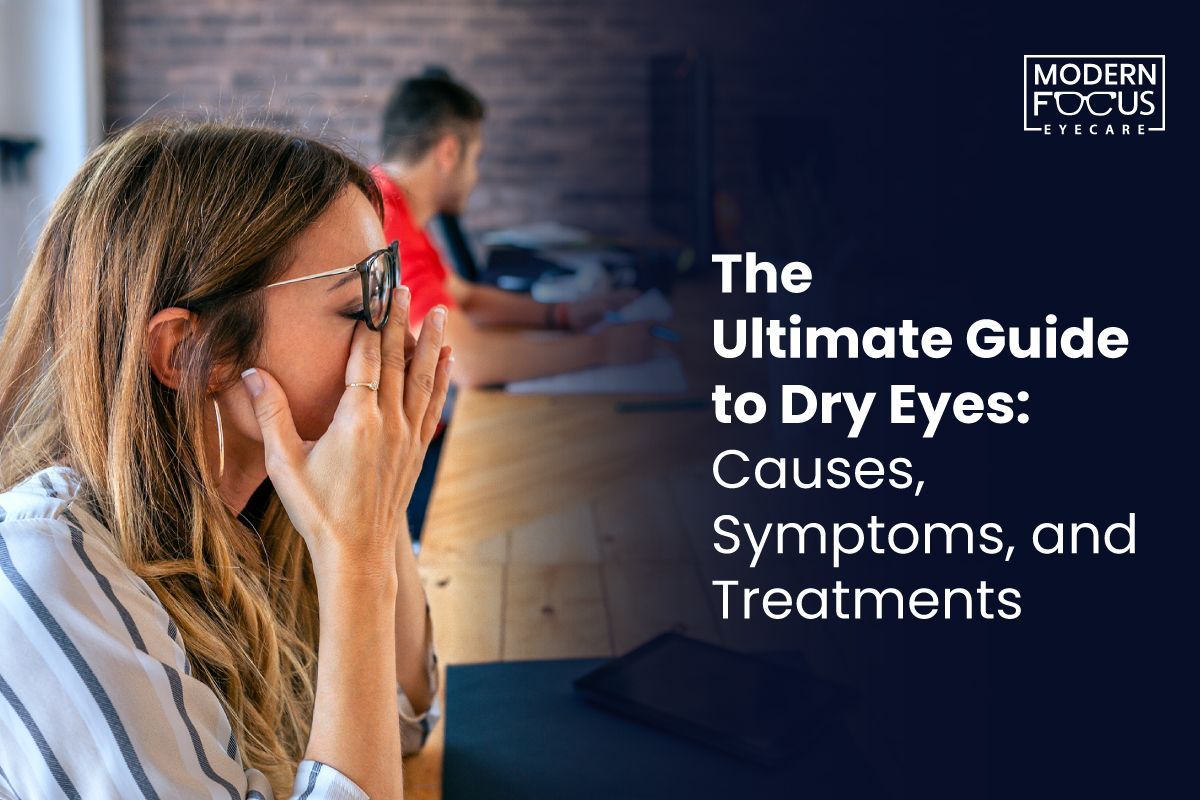Eye Exams: Which Ones Do You Need Right Now?
Regular eye exams are beneficial to the quality of your eyesight. Your eye doctor can detect early signs of eye problems and provide you with tips on maintaining quality vision as you grow older. On the other hand, getting eye exams also depends on your age. Individuals that do not have eye problems under the age of 40 can have their eyes checked every two years. However, it is ideal for people 40 and above to get eye exams annually.
In this article, we will discuss the essential eye exams that you need. Also, we will provide information on how often you need to have your eyes checked. Finally, we'll cover why you need eye testing and its benefits.
What is an Eye Exam?
An
eye exam starts with a series of tests to evaluate the quality of your vision. Your eye doctor typically uses different medical tools and equipment to get valuable information needed for diagnosis and treatment. For example, they shine penlights into your eyes or ask you to wear lenses and read from the vision chart.
What's the Significance of Vision Examination?
The importance of an eyesight test is the detection of possible eye problems. Your eye doctor can determine if your eyesight is ok or if there's an early stage of an adverse condition. Early detection is ideal since most eye problems are treatable during their early phases.
The Basic Eye Exams You Need Right Now
Here's a compilation of the primary eye tests beneficial to your vision and overall health.
Visual Acuity Exam
This type of eye test is one of the most common types that you'll get. Your eye doctor will ask you to read from the
vision chart while covering one eye. Therefore, your responses will help your eye doctor determine the quality of your vision.
Retinoscopy
The retinoscopy tests determine the best fit for your vision needs. It uses a
phoropter device to gauge which lens can give you an optimized vision capability. In addition, your eye doctor will shine a light directly into your eyes to check how it affects your eyes to the different lenses.
Refraction Test
Refraction tests use a phoropter to determine your eyeglass prescription for correction. You will read through a couple of texts using different lenses so that your eye doctor can identify if you are affected by astigmatism. In addition, your eye doctor can determine if you are nearsighted or farsighted.
Eye Muscle Test
The eye muscle test helps your eye doctor detect muscle weakness. It allows them to determine if you have poor control or coordination. Typically, you will follow a moving object using only your eyes. During the process, your eye doctor observes your eye movements.
Keratometry Test
This test measures the cornea. It provides information to your eye doctor regarding the shape and curve of the outside of your eye. Your cornea's shape and curve offer details about how light reflects and is perceived. In addition, the keratometry test is ideal for detecting astigmatism, a condition that you can develop if you have elongated and steep cornea curves.
Slit Lamp or Biomicroscopy Test
This test is ideal for detecting possible eye conditions. Your eye doctor magnifies light directly into your eyes to better view your iris, cornea, and lens. Above all, your eye's overall condition. Some adverse eye conditions are difficult to detect because they develop slowly. So, it is beneficial to have the major parts of your eye examined.
Pachymetry
In this method, your eye doctor uses ultrasound to determine the thickness of your cornea. The results from this exam can help your eye doctor decide if you need cornea surgery. It measures your eye pressure called
intraocular pressure or IOP. The normal eye pressure is 10-21 mm Hg.
An increased eye pressure could develop into adverse eye conditions.
Glaucoma Screening
The screening procedure measures your eye's fluid pressure to check if it's within the normal range. There are two ways to do glaucoma screening. They are
The non-contact tonometer. You will stare at an object while a machine puffs some air into your eyes. Your eye's resistance to the puff determines the pressure.
Tonometer. This procedure provides accurate results. You will get eye drops on both eyes to temporarily numb them. During the process, your eye doctor will ask you to hold your stare while he uses a machine called an applanation tonometer to measure the pressure.
These are the most common eye exams that eye doctors typically recommend for people of all ages. Now that you know the essentials of the basic eye exam, it's time to learn the types of doctors specializing in them.
The Three Types of Eye Specialists
An
eye clinic typically has three
eye specialists.
Ophthalmologists. These eye specialists provide
- Complete eye exams
- Corrective lenses
- Diagnosing and treating complex eye diseases
- Eye surgery
Optometrists. These eye doctors provide similar services to ophthalmologists. On the other hand, they will refer you to ophthalmologists for complex eye conditions.
Opticians. Opticians provide services like
- Assembling and fitting eyeglasses
- Selling contact lenses
Note: They do not provide eye health diagnoses and evaluations.
Benefits of Eye Exams
- Determines if you are color blind
- Provides overall health insights
- Prevents complicated conditions like cataracts and glaucoma
- Prolongs quality of vision
How Often Should You Get an Exam
One or twice a year for people that have normal vision. Follow your eye doctor's recommendation if you have eye problems.
Always Take Care of Your Eyes
Modern Focus Eyecare offers a wide variety of eye exams to help you maintain quality vision. Our optometrists are well-equipped with experience to provide you with accurate diagnosis and appropriate treatment based on your personal needs. We treat eye diseases, injuries, and vision disorders.
On top of that, we also provide high-quality frames for eyeglasses and contact lenses. Let's talk about your eye health today.
Call us at (972) 617-8000.
If you have any questions, schedule an appointment
With Our Eye Doctor or Call Us At (972) 617-8000
Modern Focus is your one-stop Eyecare Center in Texas. We have a team of highly-experienced optometrists to examine, diagnose, treat, and manage diseases, injuries.
Useful Links
Our Eye Services
Copyright © 2021 Modern Focus. All rights reserved.

